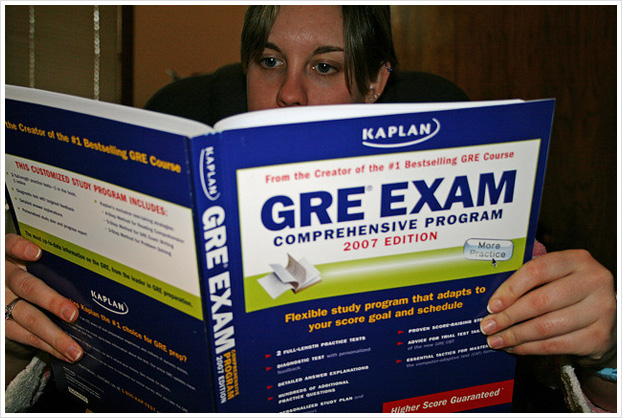GMAT/GRE for Studying Abroad: Is It Still Required in 2025?

Strong 8k brings an ultra-HD IPTV experience to your living room and your pocket.
One concern that keeps coming up among prospective graduate students in the constantly changing field of foreign education is whether or not the GMAT or GRE are still required in 2025 in order to study abroad. Standardized assessments such as the Graduate Management Admission Test (GMAT) and the Graduate Record Examination (GRE), which were once thought to be required, are no longer required in all places.
Accordingly, a lot of colleges are now implementing test-optional or test-flexible policies. To put it another way, "test-flexible" usually refers to accepting tests other than the GRE or GMAT, such as the CFA, CPA, or other proof of quantitative academic rigor in undergraduate studies. Although applicants and students are relieved that they don't have to take another test, this change has caused some uncertainty among the student body.
Why this change occurred initially
Test centers had to close during COVID-19. Additionally, not all students had access to internet-based alternatives, particularly those from disadvantaged backgrounds or those who lived in distant areas (mostly because of a persistent digital divide and limited availability of dependable internet connectivity in remote areas). Gre Classes In Pune
Furthermore, many students found it challenging to take these tests because travel restrictions had been implemented. Additionally, some students lacked sufficient access to materials for test preparation due to the digital divide. Test date cancellations and health and safety concerns plagued even highly competent applicants.
The Shift to Test-Optional Admissions: Balancing Access and Academic Standards
Universities came to the realization that it was impractical to keep making these tests necessary in these conditions and that they were unintentionally excluding competent applicants because of the current state of affairs.
Universities have implemented test-optional and test-flexible policies, including prestigious institutions like Stanford, Harvard, Kellogg, Columbia, and others. They did not want qualified applicants to be thwarted by these testing obstacles.
To demonstrate their numeric aptitude and academic preparedness for graduate-level study, some schools, however, required applicants to produce alternative certifications (such as CFA Level 1, CPA, etc.) or solid academic records in lieu of standardized test results.
One crucial worry that hung over colleges at the time they started easing the criteria for standardized tests was whether making the test optional would result in lower-quality admitted students.
As it happened, the response was: Not necessarily.
And that marked the start of colleges reassessing standardized tests as a requirement for admissions. Many prestigious universities closely monitored the performance of their newly accepted students after making tests optional. The outcomes were quite comforting.
On average, test-optional students outperformed their predecessors who had taken or submitted standardized test scores in previous years in the classroom, obtained competitive internship/job offers, and earned equivalent GPAs.
Indeed, a number of studies also showed that predictors of graduate school performance such as undergraduate GPA, class difficulty, and relevant work experience frequently turned out to be more accurate than standardized test scores alone. Many universities felt secure enough to maintain these restrictions when the pandemic ended as a result.
Does that make the GRE and GMAT less valuable, then?
Not at all. The fact that these tests aren't required everywhere doesn't mean their importance has diminished. As you read on, you'll discover that, for many students, a strong GRE or GMAT score can still be a terrific way to stand out.
Universities from all across the world assess students from various academic systems, as is well known. GPAs differ by college and country. The grading scheme at a candidate's school is unknown to admissions officers. For instance, at the same Indian university (different departments), a 65% in undergraduate English literature and the same percentage in undergraduate computer science may be interpreted differently.
Note: IndiBlogHub features both user-submitted and editorial content. We do not verify third-party contributions. Read our Disclaimer and Privacy Policyfor details.


